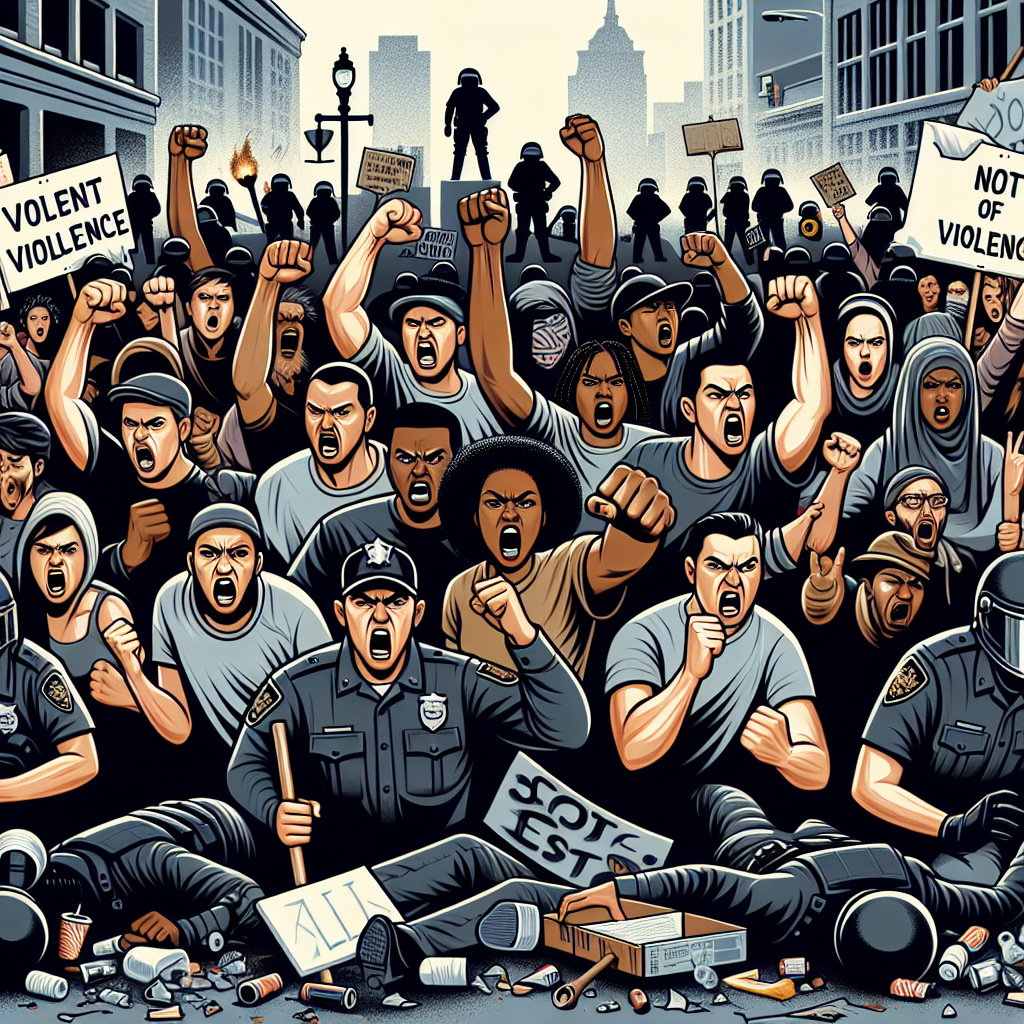Ghana High Court Blocks Protests Amid Rising Youth Unrest Over Economic Issues
A Ghanaian high court has prohibited civil society groups from holding protests in Accra, focusing on issues such as corruption and living conditions. The decision aligns with a broader pattern in Africa where governments are clamping down on youth-led demonstrations against economic hardship. This has sparked significant unrest in countries like Kenya, Uganda, and Nigeria.

A high court in Ghana has blocked civil society groups from holding protests in the capital Accra, following attempts to quell youth-led demonstrations over the high cost of living.
Organisers claimed the protests would attract over two million people demanding more action on corruption, living conditions, and delays in passing an anti-LGBT bill. High court Justice Abena Afia Serwaa approved the police request to ban protests planned between July 31 and August 6, citing the lack of personnel to provide security amid election campaigns.
In recent weeks, youth demonstrations have surged across several African countries. Kenyan protests against proposed tax increases by President William Ruto resulted in over 50 deaths and nearly 700 arrests. In Uganda, police shut down anti-corruption protests, arresting over 70 people. Nigeria has offered jobs and financial incentives to its youth to avert nationwide protests. In Ghana, organiser Mensah Thompson stressed that elections should not preclude the right to demonstrate and warned of the potential for spontaneous unrest.
Ghana's economy has struggled due to overstretched borrowing, the COVID-19 pandemic, the Ukraine war, and higher global interest rates. The country is restructuring its $30 billion external debt to leverage a $3 billion IMF bailout. Ghanaians will head to the polls in December for a crucial election.
(With inputs from agencies.)










